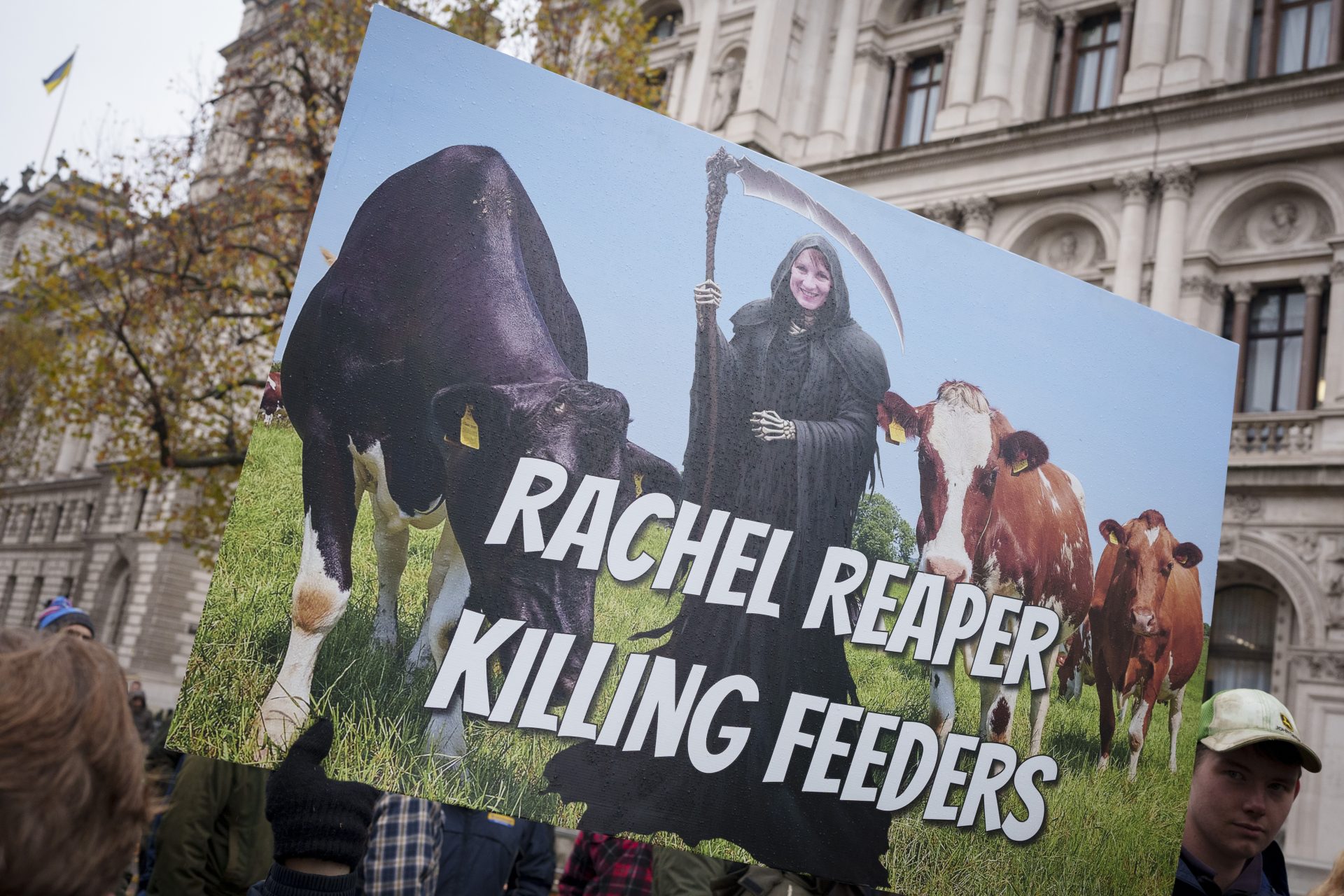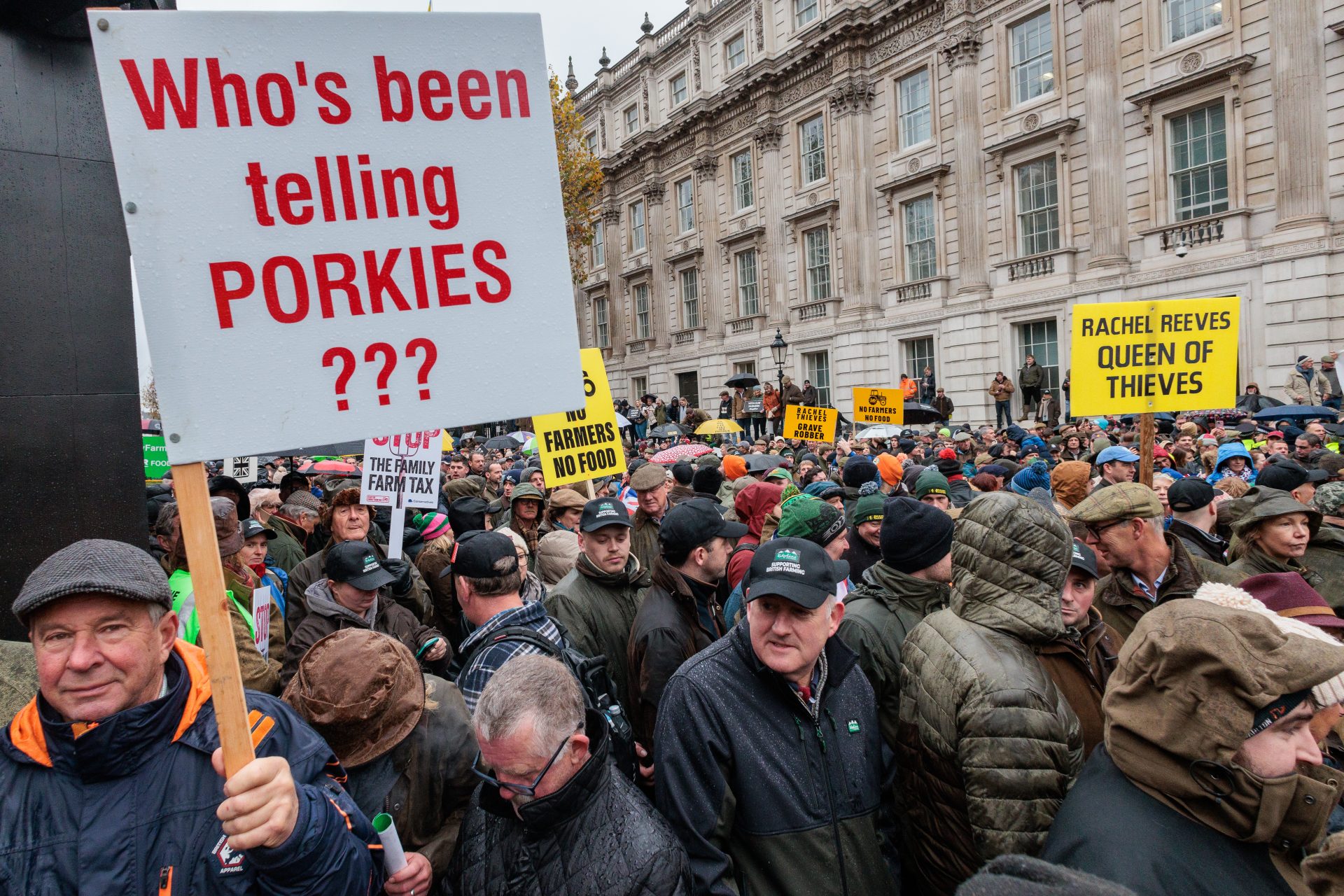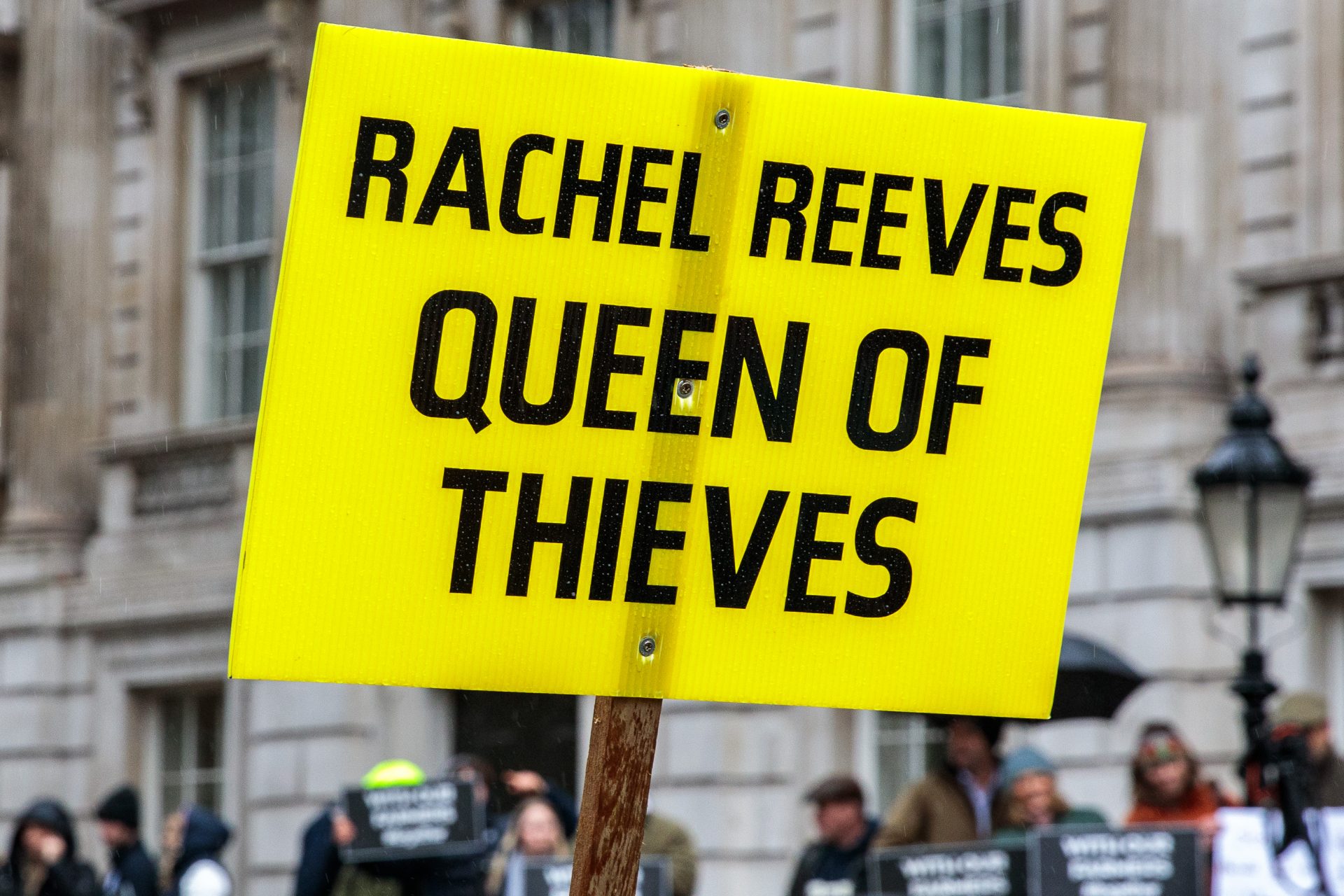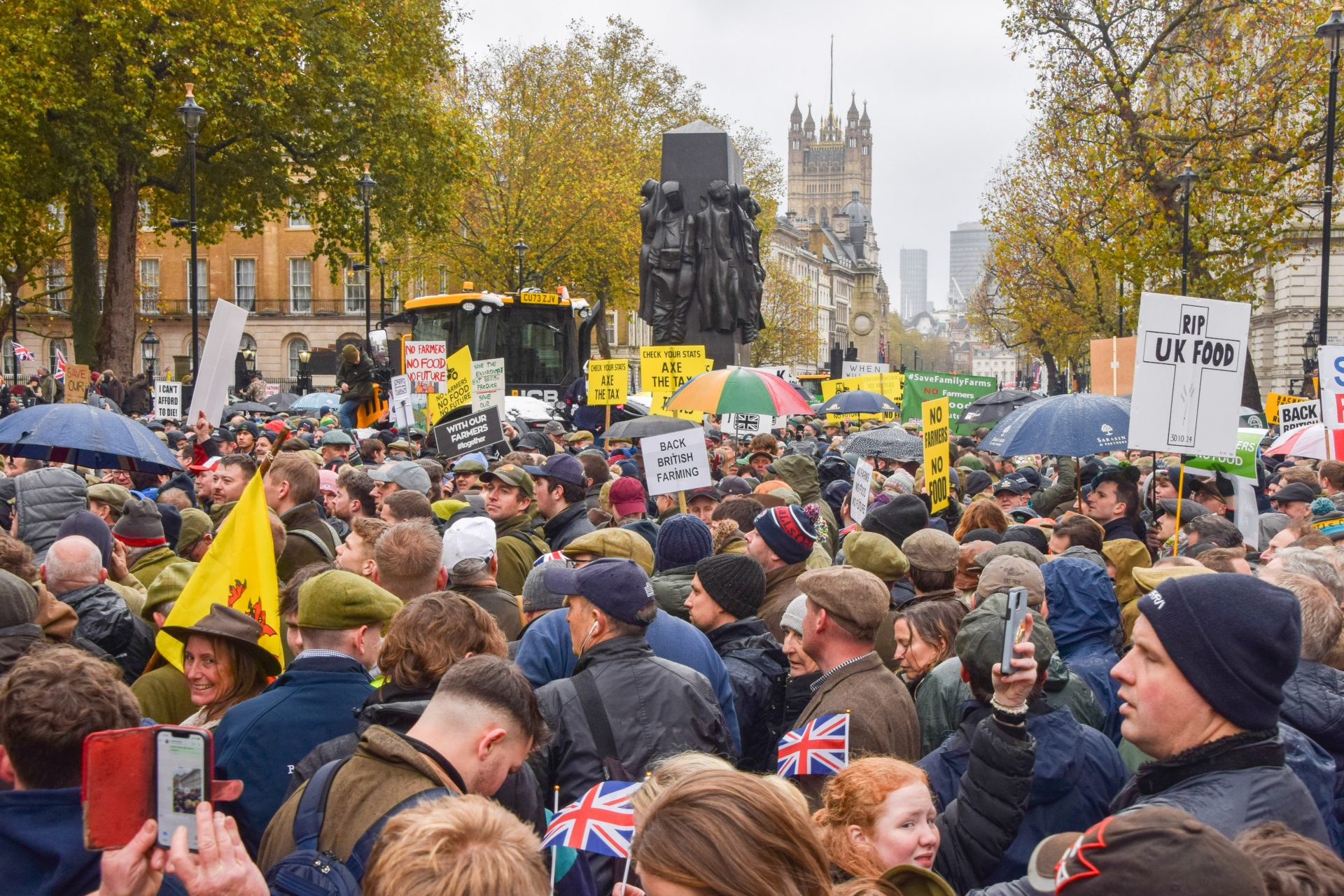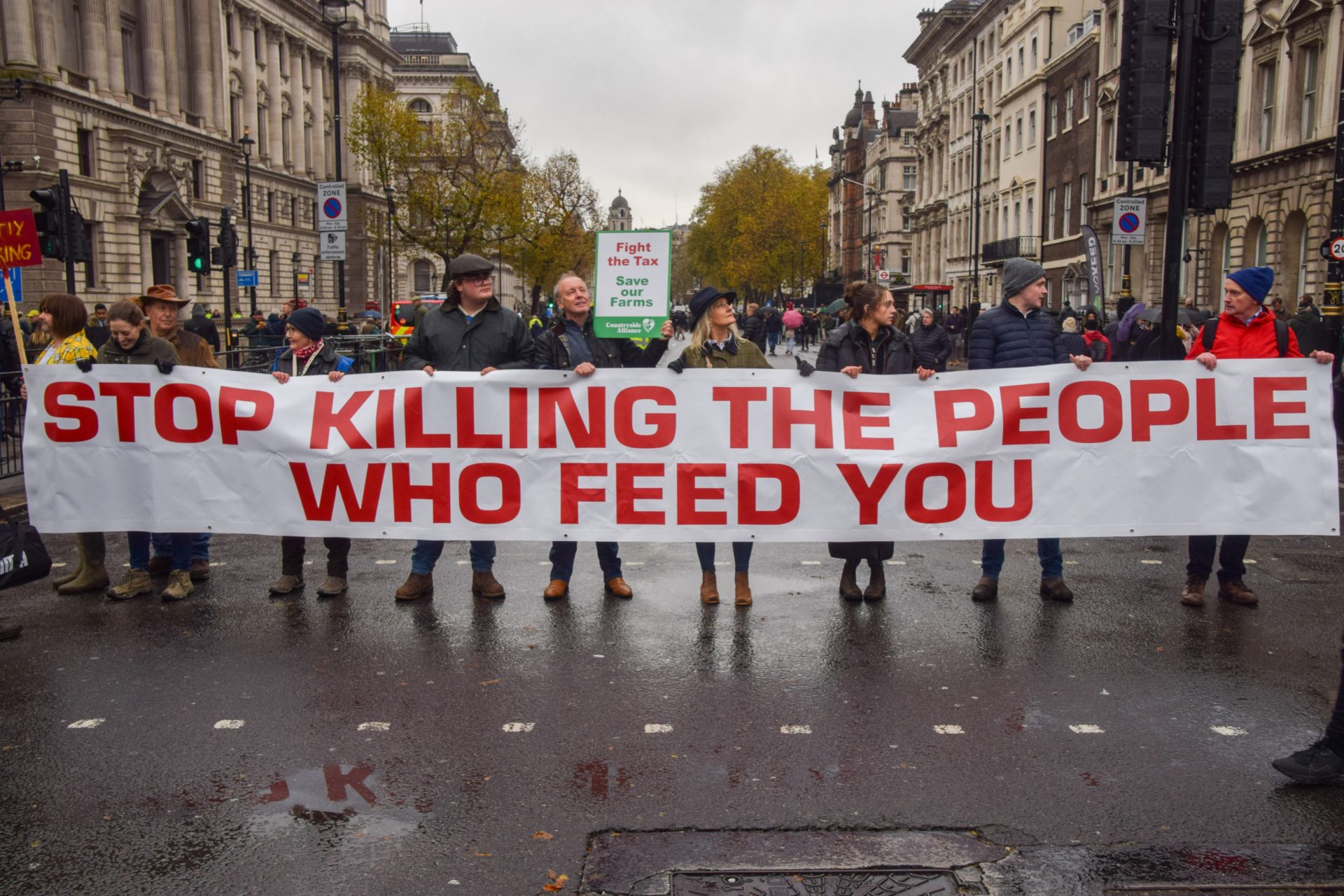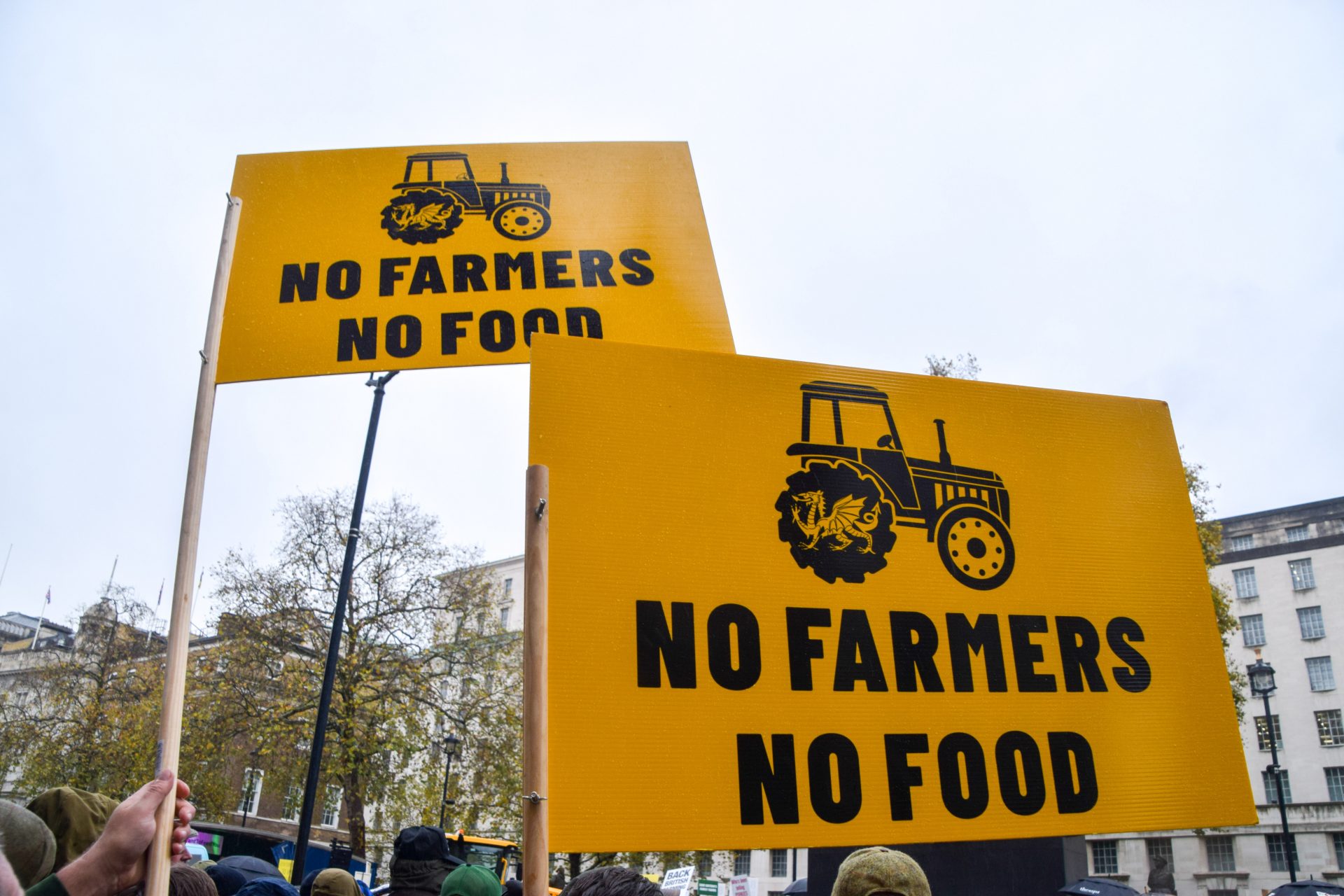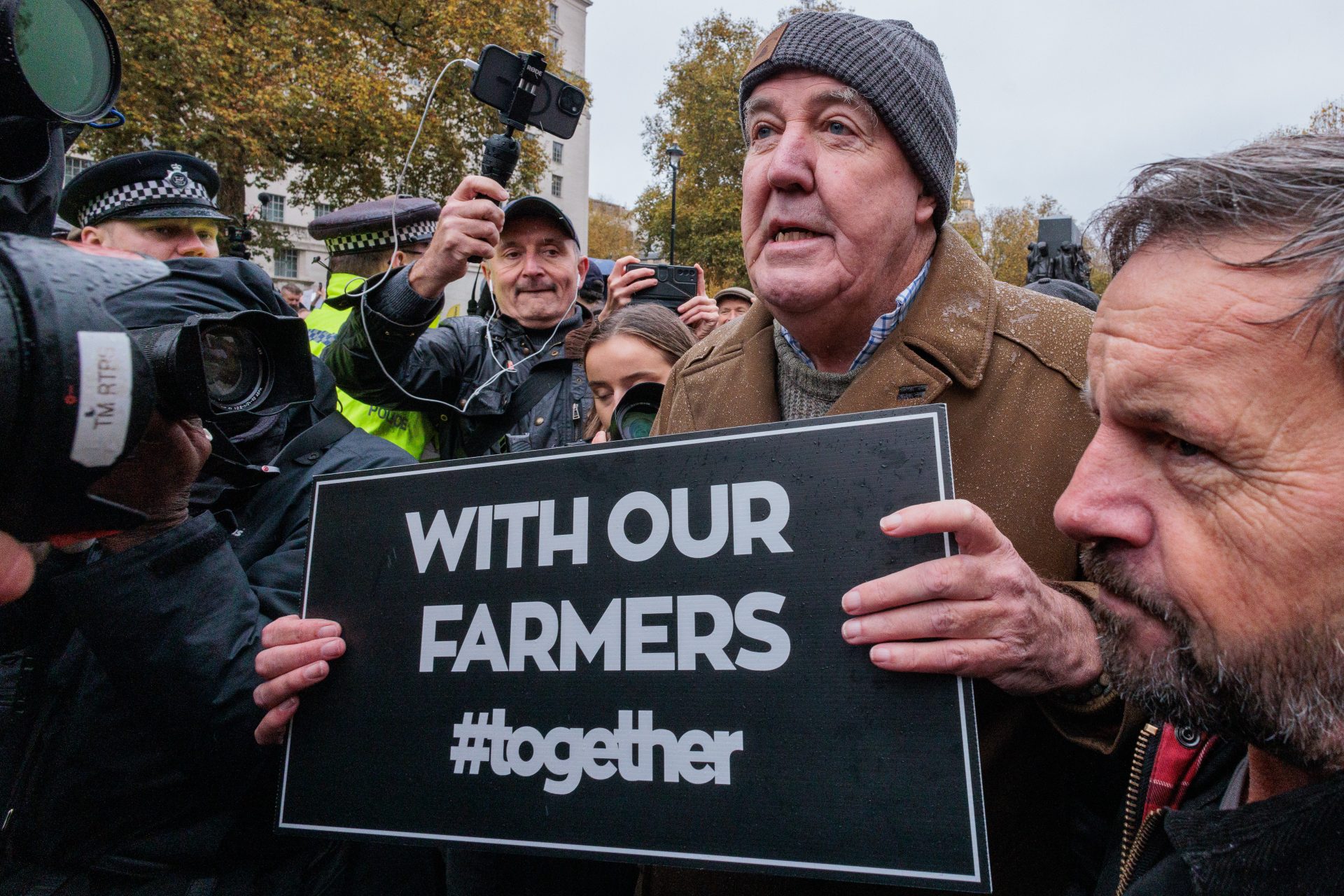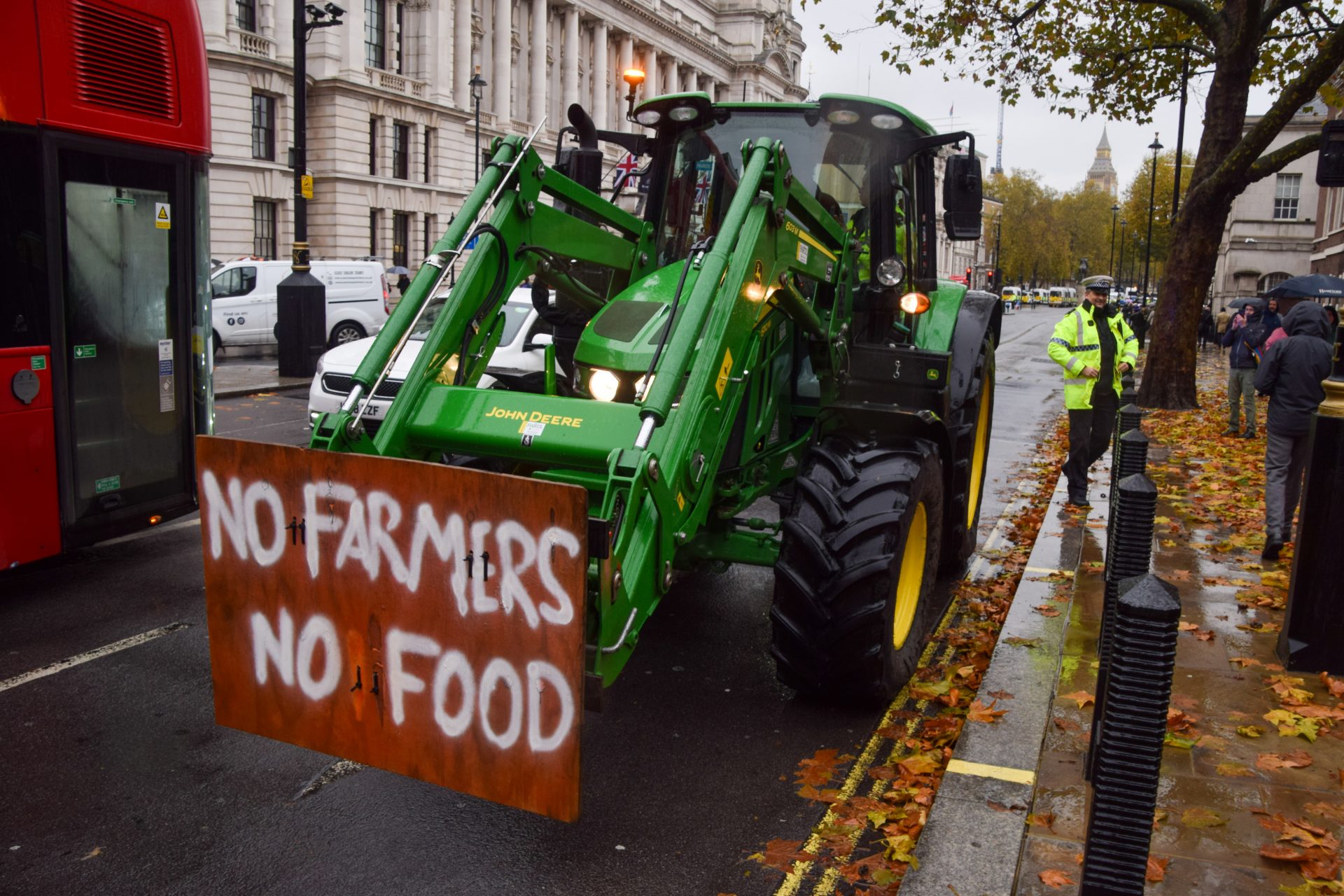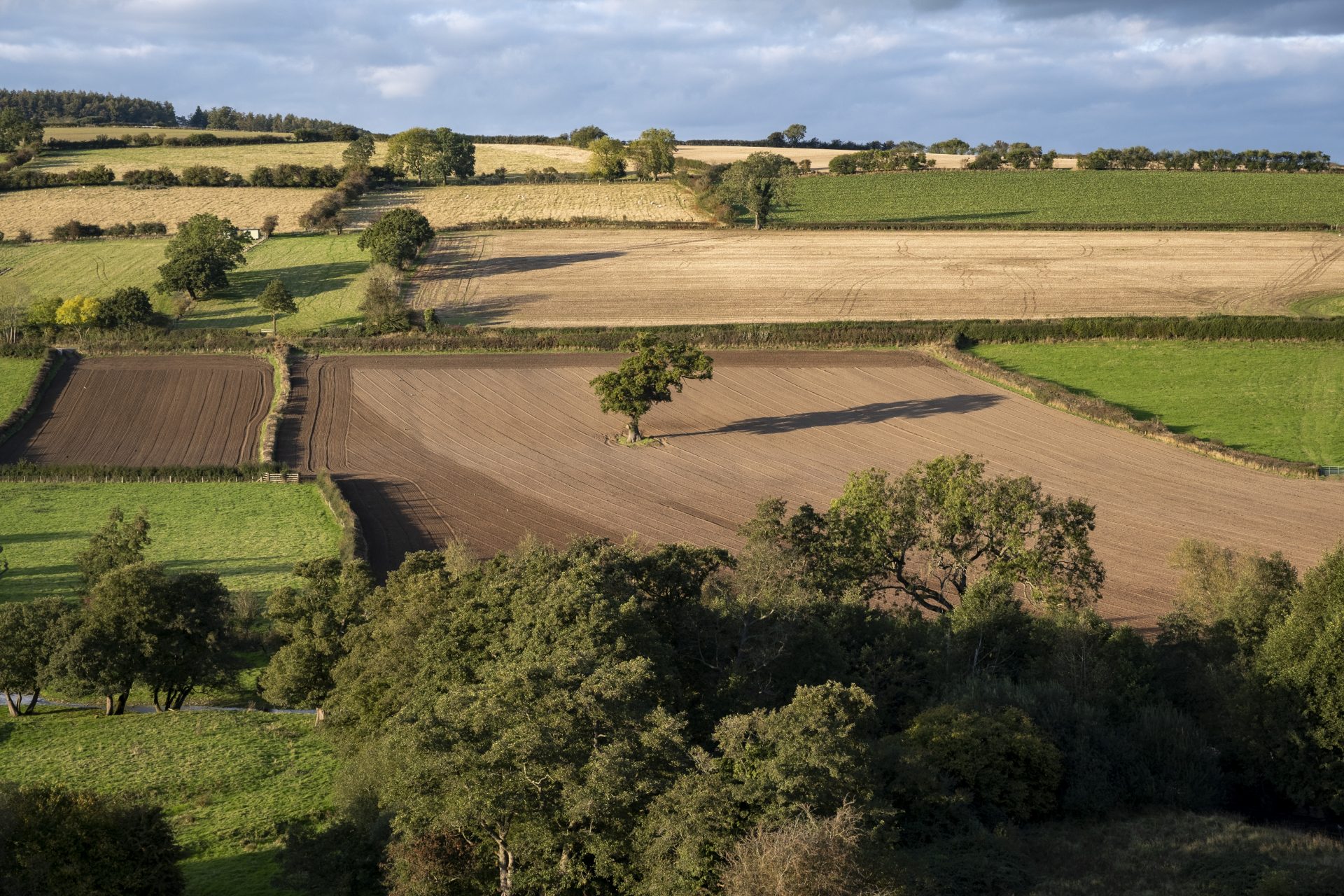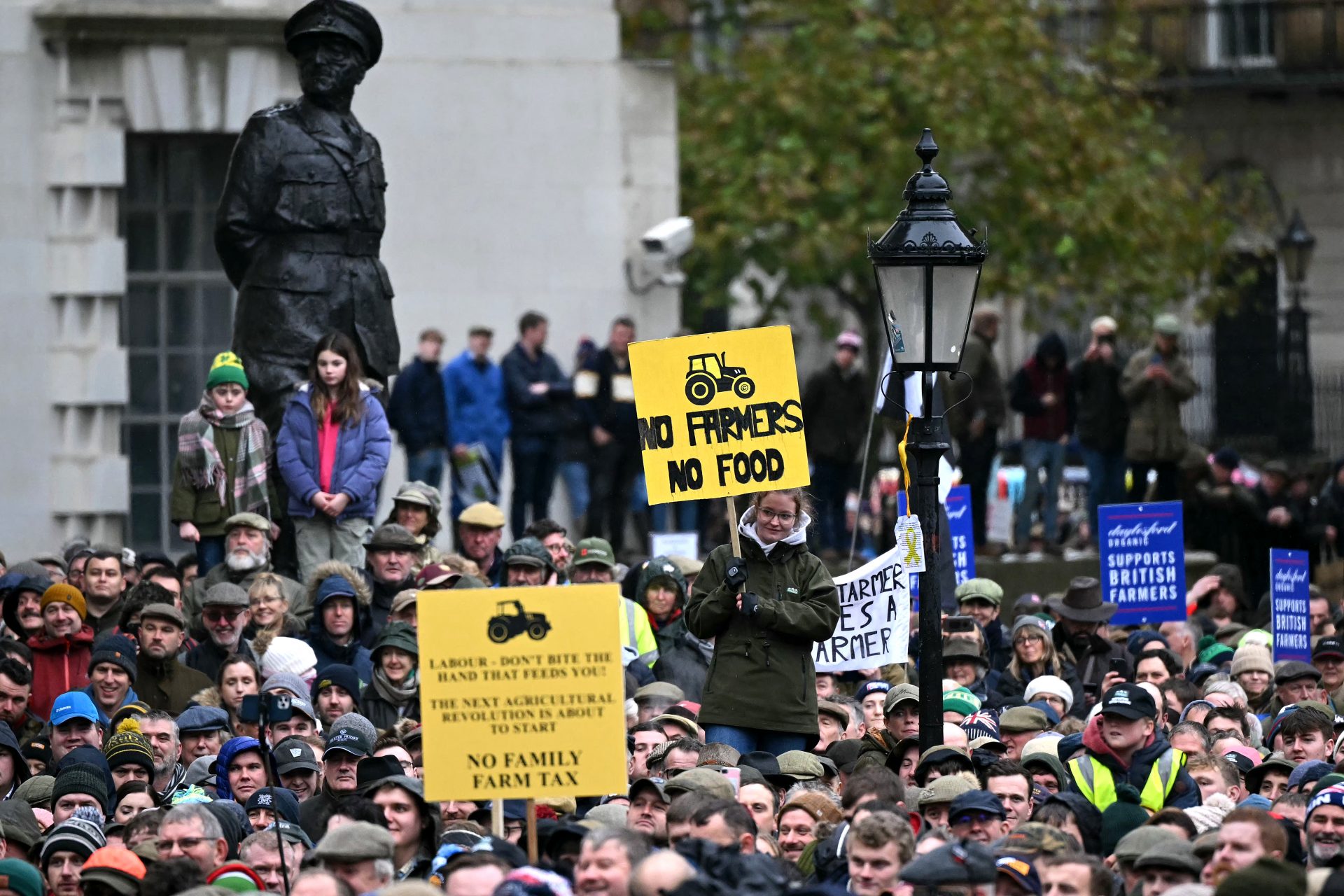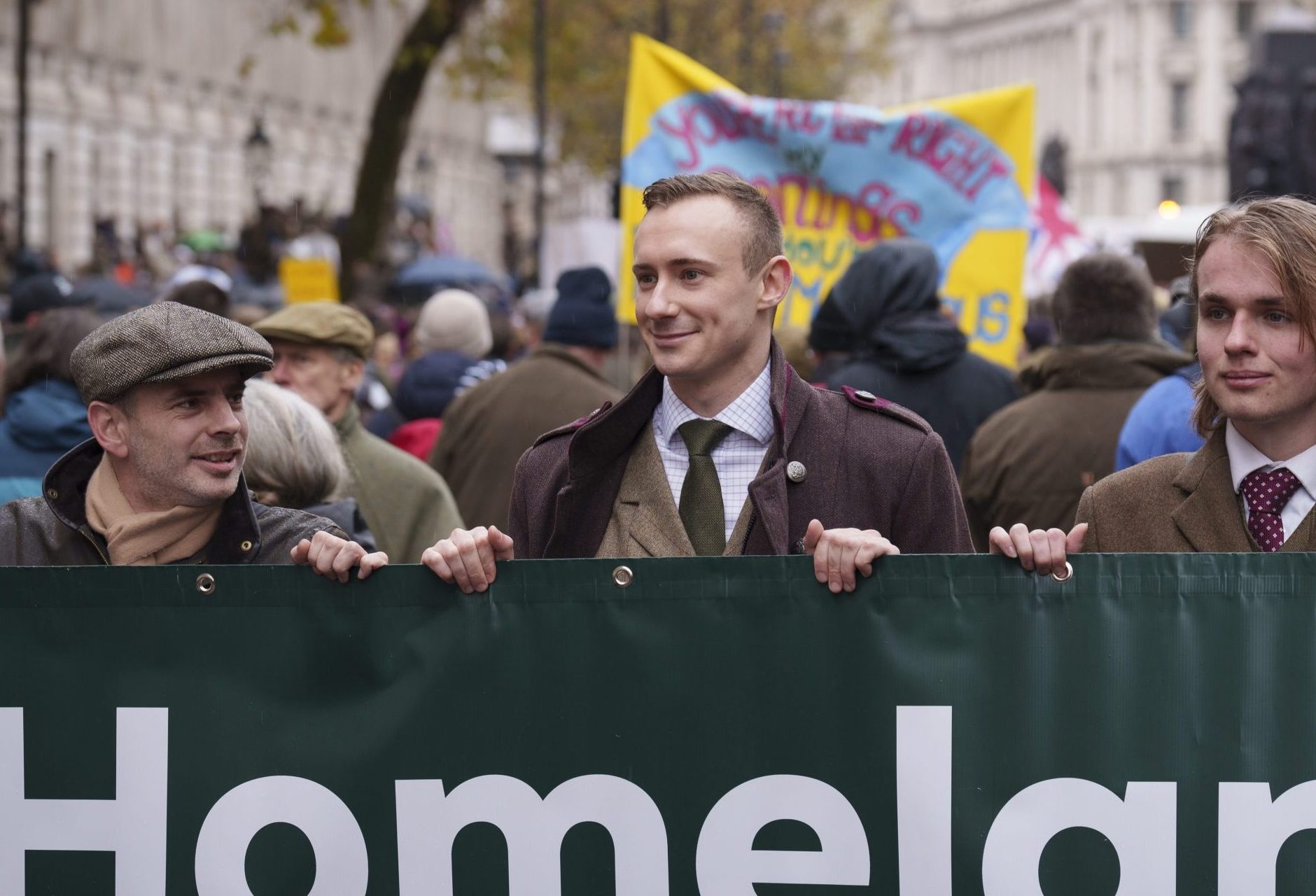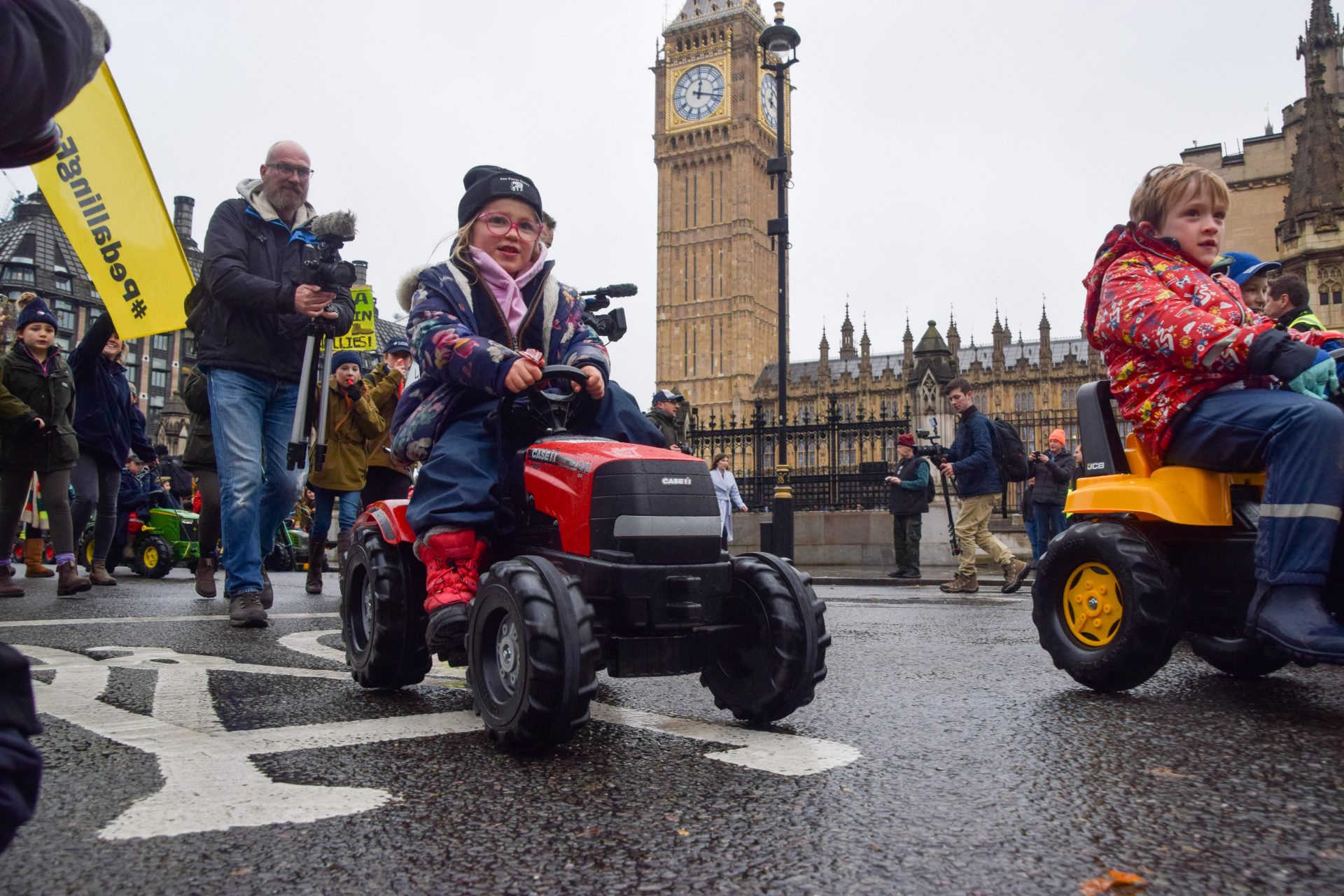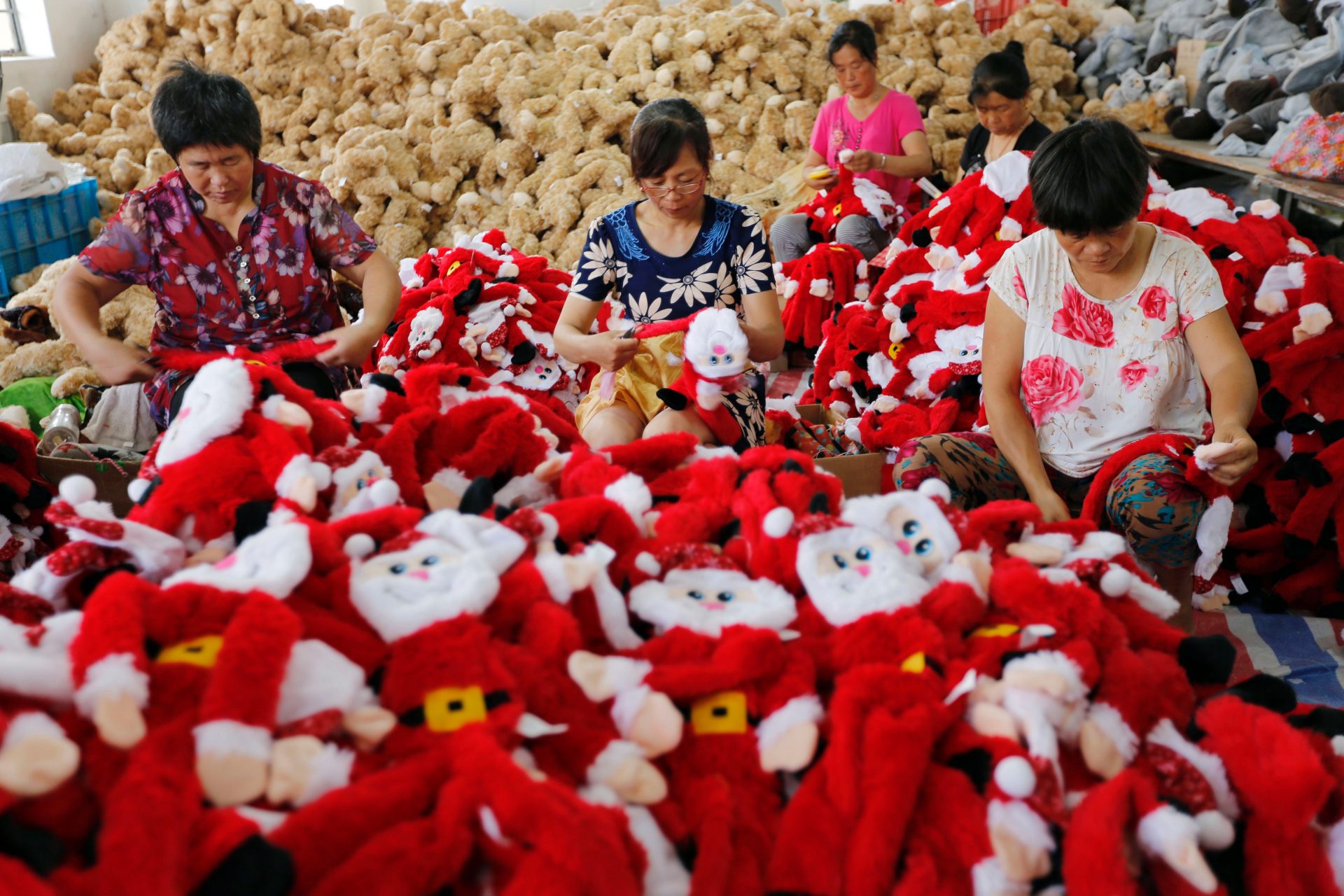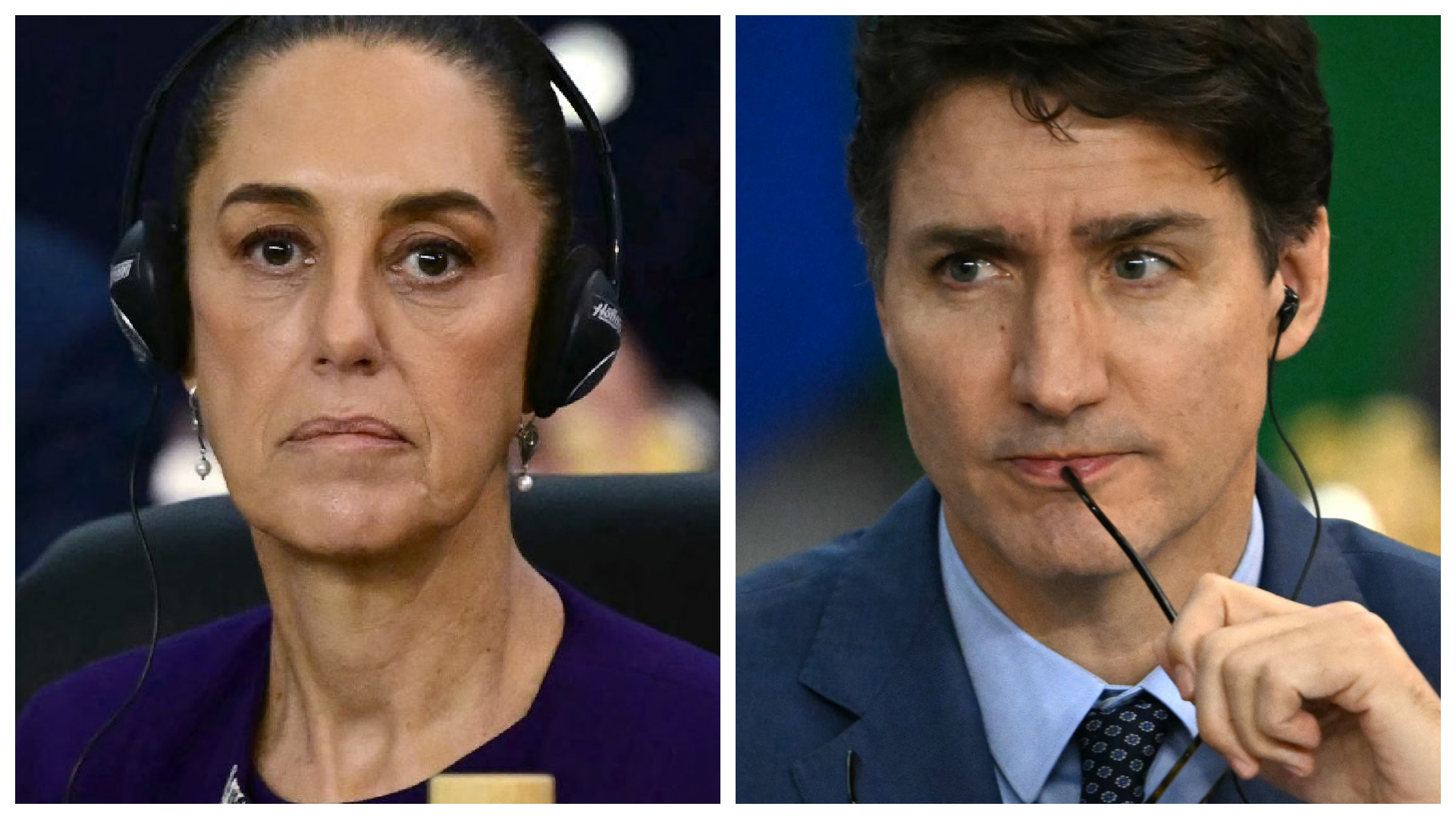Farmers mobilize in the UK to protest an inheritance tax that threatens their future
Farmers are not known for their city breaks but a new inheritance tax that is viewed as an attack on Britain’s country life has prompted thousands to descend on Central London in protest.
The new Labour government’s chancellor Rachel Reeves decided that it was about time farmers paid at least a portion of the tax that is obligatory for everyone else in the country.
Starting from April 2026, farms worth more than £1m ($1.26m) will be bound to pay 20% – half of the standard 40% inheritance tax on their property, which can be paid over a period of 10 years interest free.
The exemption from inheritance tax on farms, allowing them to be easily passed from generation to generation, was only introduced in 1992.
But farmers are up in arms. Crowds gathered in London’s Parliament Square alongside tractors on November 19. The anger was tangible. All that was missing were the pitchforks.
One told The Guardian, “Farmers make very little money, work extremely hard and they may be sitting on an asset but when that asset goes, so does country farming, so does family farming.”
Another said, “We are coming here peacefully, but if there’s no recognition of how much this means to us, emotionally I can see that things will go further.”
TV personality Jeremy Clarkson, a standard-bearer for farmers with his show “Clarkson’s Farm”, said, “We all make mistakes in life and I think it’s time for them [the government] to say, you know what, we cocked this one up a bit and back down.”
The number of farms liable for the tax will be just 28%, according to the government. The farmers disagree and claim 66% will be affected, citing figures from the Department for Environment, Food and Rural Affairs.
One justification for introducing the tax is that wealthy individuals looking to avoid standard inheritance tax were buying up farmland to gain exemption status.
But the issue goes deep with farmers. As the BBC reports, it’s all about keeping the land in the family.
It is, according to a BBC reporter on the ground, “not just a business, but an identity, a belonging, a geographical rootedness.”
The idea that farmers’ children inheriting the land might be forced to sell up to pay the tax triggers a deep anger and distress.
More for you
Top Stories




